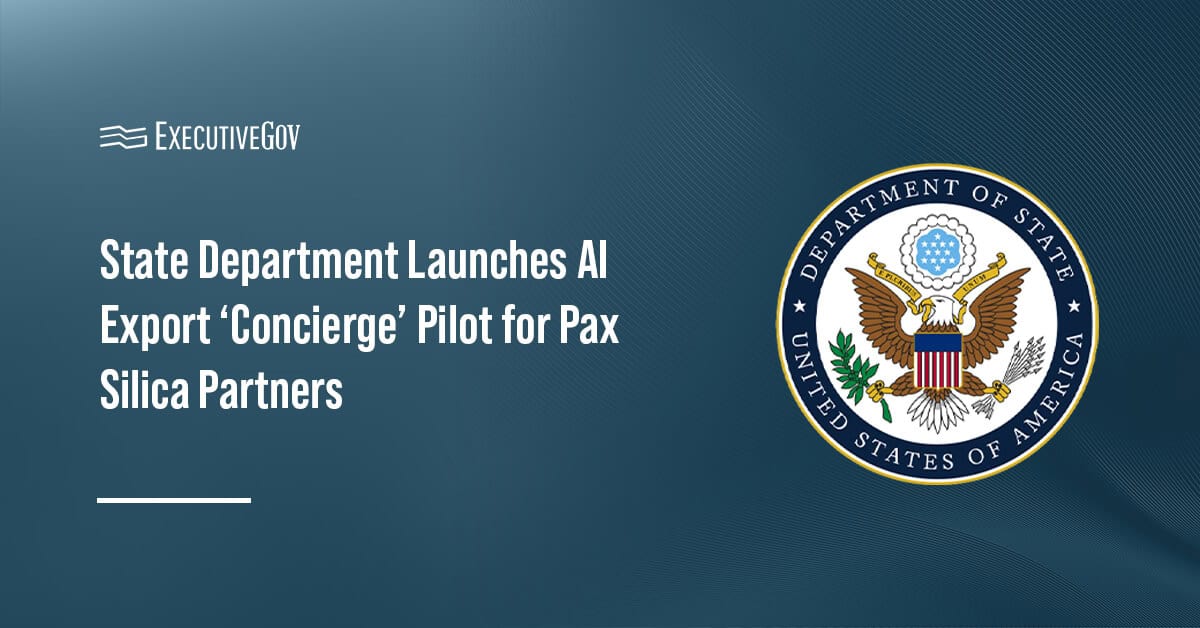The National Oceanic and Atmospheric Administration, under the U.S. Department of Commerce, has initiated the beta phase of the Traffic Coordination System for Space.
The Commerce Department said Monday the TraCSS program, a cloud-based information technology system that warns satellites against possible collisions through conjunction data messages—a.k.a. CDMs—has started providing spaceflight safety services to a beta group of satellite operators.
This marks the first time satellite operators are given space situational awareness and space traffic coordination services by the DOC.
The nine satellite operators currently receiving notification warnings or CDMs include:
- Aerospace Corp.
- Eutelsat Oneweb
- Georgia Institute of Technology
- Intelsat
- Iridium
- Maxar
- NOAA
- Planet Labs
- Telesat
Don Graves, deputy secretary of Commerce, pointed out the significance of the TraCSS program to the department’s efforts to boost the nation’s presence in the global commercial space industry. “The Department of Commerce is building this system in close cooperation with industry partners to harness and promote commercial innovation in space.”
NOAA Administrator Rick Spinrad, added, “As space has become more congested, NOAA has risen to the challenge to prevent catastrophic collisions in space by developing TraCSS.”
Richard Dalbello, director of NOAA’s Office of Space Commerce, said, “TraCSS represents a modern approach to spaceflight safety, integrating the latest technologies and providing on-ramps for continuous improvements that will scale into the future.”
Parsons, a national security services company specializing in the space domain, serves as the system integration and cloud management services lead for TraCSS.
Mike Kushin, president of defense and intelligence at Parsons, said, “This important milestone is a significant step toward developing a robust and secure system for space situational awareness, which is vital for the safety of our shared space environment and its assets in orbit.”





